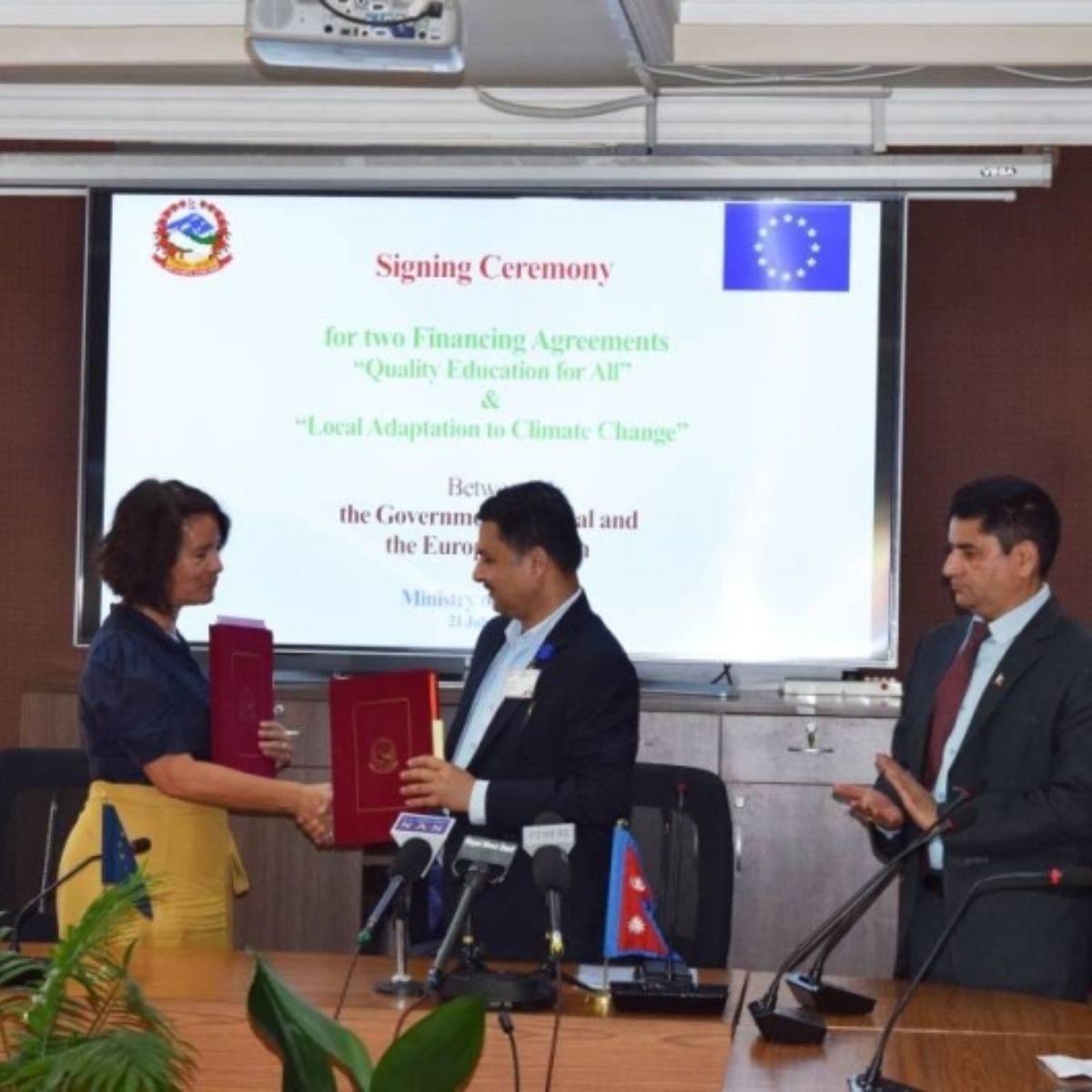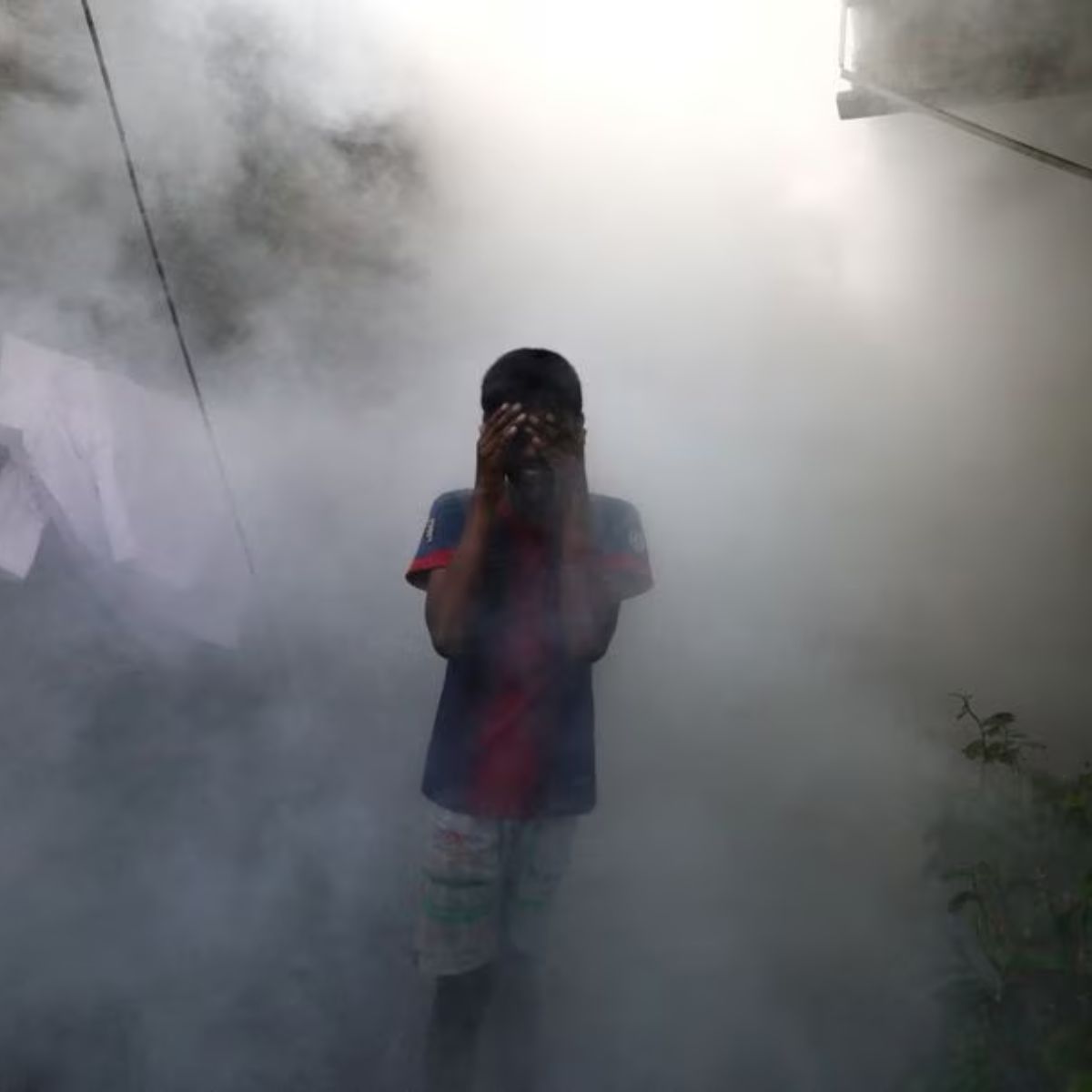UK, World Bank strengthen partnership to support coordinated climate action in South Asia
Source: The World Bank
Date: 25 Jul 2023
The UK government and World Bank have launched the Resilient Asia Program (RAP) to combat climate change in South Asia. The UK will provide $63 million over seven years to fund research, capacity building, and partnerships for climate adaptation and water resource management.
The program will initially focus on Bangladesh, Bhutan, India, Maldives, Nepal, and Sri Lanka, with potential expansion to the wider Indo-Pacific region. RAP’s first-year efforts will address air pollution, thermal comfort, early warning systems, and climate information exchange.
It will also aid India and Bangladesh in preserving the Sundarbans mangrove forest and facilitate transboundary water management. The initiative aligns with the UK’s broader commitment to climate resilience in the Indo-Pacific.
Nepal, EU sign grant agreement of more than Rs 10.5 billion
Source: The Himalayan Times
Date: 21 Jul 2023
Nepal and the European Union (EU) have signed a grant agreement exceeding Rs 10.5 billion for two initiatives. The agreements include £50 million (Rs. 7.38 billion) for ‘Quality Education for All,’ supporting the School Education Sector Plan, and £22 million (Rs. 3.25 billion) for ‘Local Adaptation to Climate Change.’
The former aids education quality and access, aligning with Nepal’s human capital development goals, while the latter enhances climate resilience in Sudurpaschim and Karnali provinces. EU’s commitment to Nepal spans two decades, focusing on education and sustainable resource management, with collaboration from local and provincial governments in Sudurpaschim and Karnali.
WHO warns of dengue risk as global warming pushes cases near historic highs
Source: Reuters
Date: 21 Jul 2023
The World Health Organization (WHO) has issued a warning that dengue fever cases could reach near-record levels this year due to the impact of global warming, which benefits the mosquitoes responsible for its spread. Dengue cases have risen globally, with reported instances increasing eight-fold since 2000 to 4.2 million in 2022.
The disease has emerged in new areas, including Sudan’s capital, Europe, and Peru, where a state of emergency was declared. Approximately half of the global population is now at risk. The warmer climate aids mosquito proliferation and virus multiplication, compounded by increased movement of people and urbanization.



